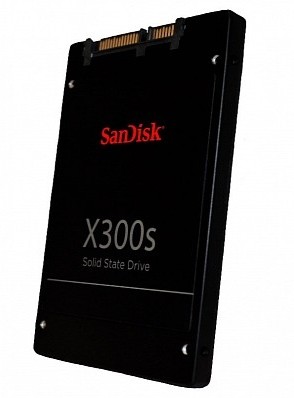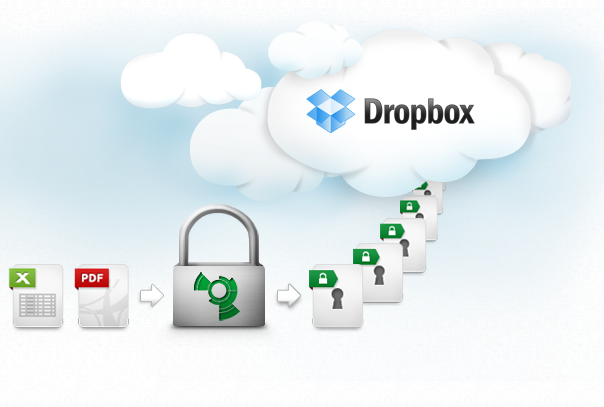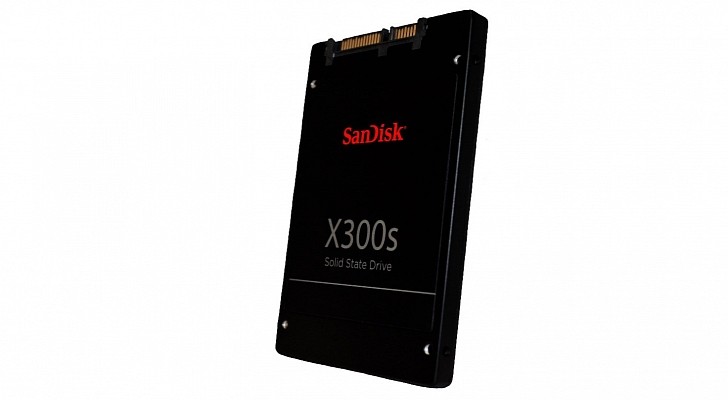SanDisk has announced new self-encrypting SSD, the first in the world to offer encryption on a hardware level. The storage drives are targeted at the enterprise market, who need to deal with keeping storage safe and secure.
The new solid state drives come in five different storage sizes: 64GB, 128GB, 256GB, 512GB and 1TB. The push to 1TB SSD with the self-encrypting SSD technology is impressive and SanDisk know they need to offer the very top-end to entice big enterprise.
SanDisk uses AES 256-bit FIPS 197 self-encryption, which works on a hardware level instead of the software encryption you see from most hard-drive and solid state drive companies.
Hardware Level Self-Encrypting SSD
 What this means is performance will not take a hit when the encryption loads onto the SSD, since it does not work like software encryption. This will make the system load faster and not slow down any file transfers between the SSD and other storage devices.
What this means is performance will not take a hit when the encryption loads onto the SSD, since it does not work like software encryption. This will make the system load faster and not slow down any file transfers between the SSD and other storage devices.
Hardware level encryption has many advantages to software, including not being prone to crashing or needing updates. Lots of software encryption gets updated every few months, whereas hardware level encryption runs the same way it did when it came out of the package, for better or worse.
This does mean if the hardware level encryption doesn’t really defend against new attacks, manual updates will be necessary and these can be time consuming. Hardware level encryption works best when there is no huge new threat and can be great for longevity.
Other Features
The SanDisk SSD driver offers Microsoft InstantGo and Wave System’s Embassy Security Centre, making it easier to audit the drive and offers compliance management.
For companies that have thousands of machines, easy auditing might be one of the most relevant features for solid state drives.
TCG Opal 2.0 and Microsoft Encrypted Hard Drive technology have also been added to the new SSD, this is compliant with the IEEE 1667 security specification.
SanDisk will be marketing this heavily towards enterprise and companies that need additional security on their storage devices. For personal users, storage encryption isn’t that big of a deal, unless you want to be the next Edward Snowden.
The Future of Encryption
 Encryption on the Web has went mainstream and almost every Website that has at least one grain of verification will use SSL or another type of security layer, making sure the user and hacker are two worlds apart.
Encryption on the Web has went mainstream and almost every Website that has at least one grain of verification will use SSL or another type of security layer, making sure the user and hacker are two worlds apart.
Since information is more active and thrown around the Web, it makes it easier for a hacker to get inside a persons browser and start stealing information, whereas even with basic security on a computer there will be no threat of someone stealing documents from a SSD or HDD.
As cloud storage gets more popular, we are bound to see companies crop up that can protect and secure your cloud data better and we may even see first party implementations from Dropbox, Google Drive, OneDrive and other popular cloud storage apps.
There may even come a time where users have 64GB of SSD for programs and apps and the rest, like photos, documents and save files, go all into the cloud. This is when security and encryption will really need to become a necessity, making sure nobody can ever get into those folders.

